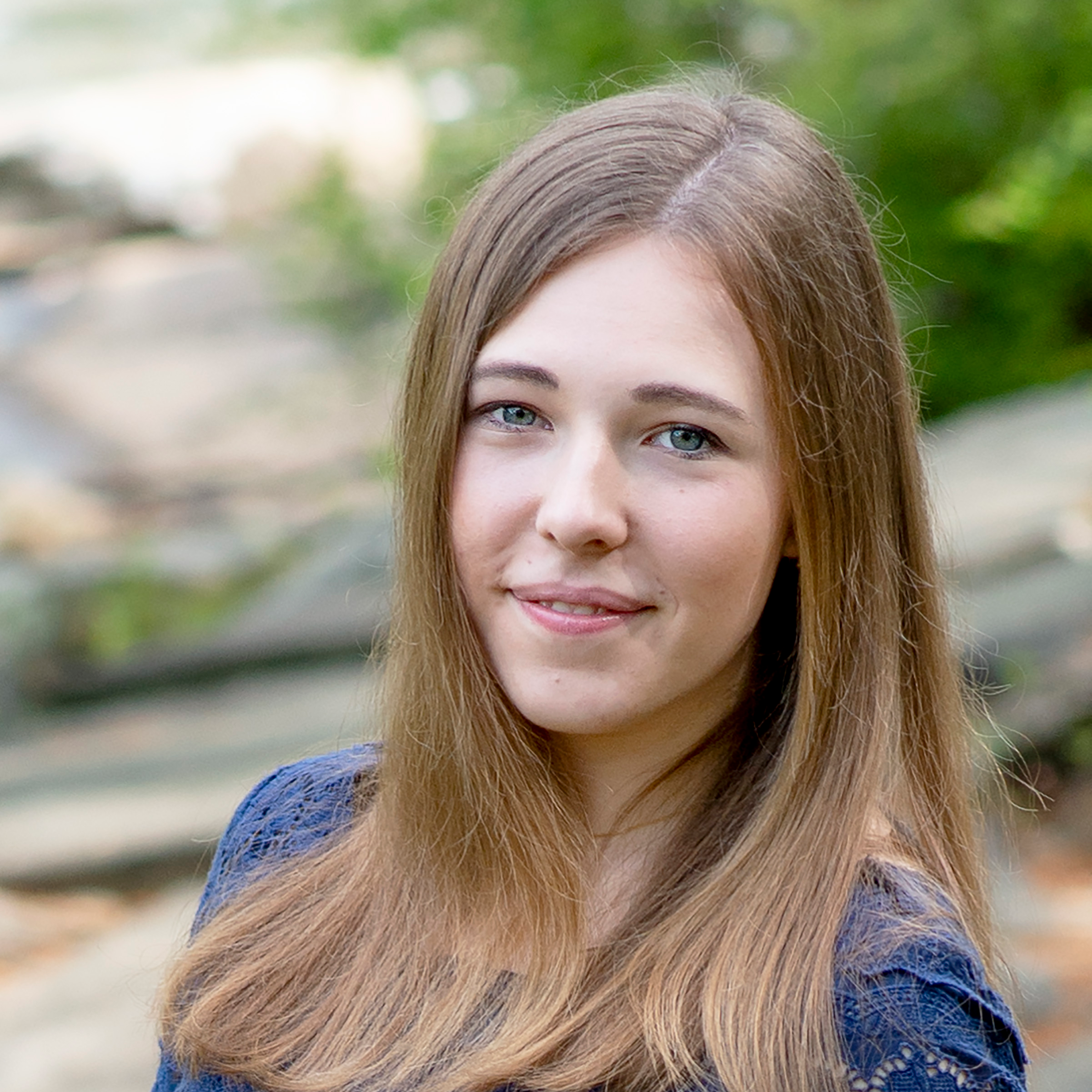KNOXVILLE, Tenn. – University of Tennessee Graduate Student Mikeila McQueston has added another accolade to her slate of compositions – this time in the American Prize competition.
The composition, which features the Luci Shaw poem “Descent,” placed second in the student division of the American Prize for composition (choral – short works). It’s a piece that McQueston said she was particularly eager to work on, due to the opportunities in the poem to illustrate the text through music. The poem begins, for example, with “Down he came from up/and in from out,” which she saw as ripe for musical illustration.
“There’s a lot of word painting I wanted to do in that particular song,” she said. “Whenever I’m composing, I really want to capture the speech-like aspect and the storytelling of the poem while still using my voice.”
Such experimentation, a common theme throughout her career thus far, has reaped tremendous rewards for McQueston. This American Prize placement is only the latest of her many accolades. She has been selected as a Presser Scholar, a Herman E. Spivey Graduate Fellow, and while at Louisiana State University, she was a winner of the LSU Symphonic Winds Call for Scores and the Constantinides New Music Ensemble Call for Scores. Her work has not stopped since the American Prize competition, either – in April 2022, one of her compositions will be played at Carnegie Hall. She also continues work on her thesis, a fully-orchestrated two-act opera. Her key to success?
“Enjoy the process. This work can be really intimidating, and it’s so easy to compare yourself to your peers or get frustrated for not having the ‘perfect’ technique. But that takes the joy out of studying your craft.”
And though it is hard work, joy is a key part of the process for McQueston. During the height of the COVID-19 Pandemic, many musicians were forced to work individually, with asynchronous collaborations. This resulted in some rather creative projects, with separately recorded parts being knitted together to form quintets and choirs. It also allowed her to spend more time focusing on her technique, which she says will make her a better performer in the long run. But now that she is able to work in the same room as other musicians, even masked and socially distanced, McQueston has found a resurgence of excitement in the collaborative creative process.
“As wonderful as virtual collaborations are, they’re difficult because you don’t get the joy of making music in the same room. That’s so special, and the fact that we get to start going back to that now is like falling in love with music all over again.”
McQueston anticipates graduating in Spring 2023 with graduate degrees in composition and voice. She says, “I feel called to pursue this line of work. I owe it to myself to try these things because I really do love them and I want to see where it goes.”
Photo by Franklin Green

